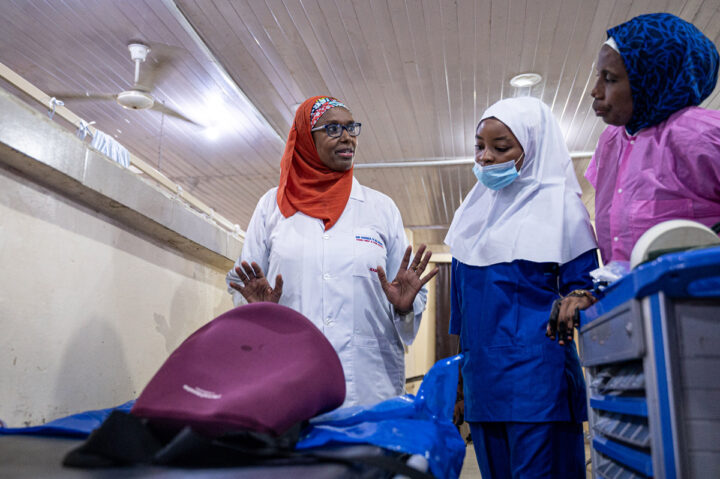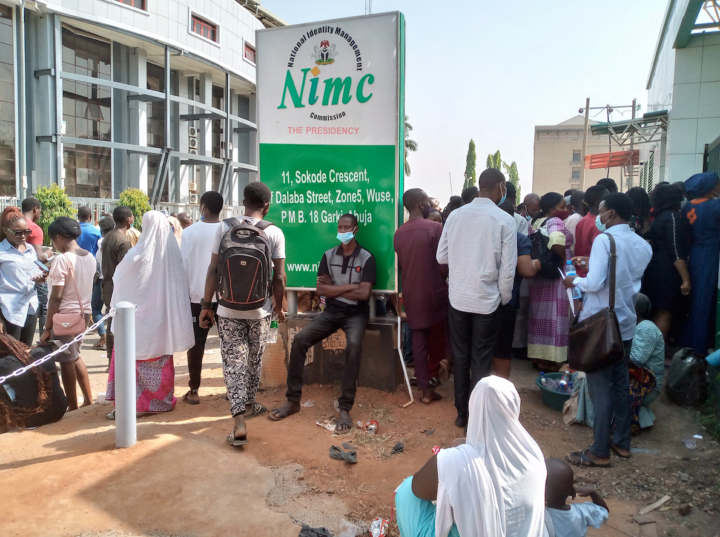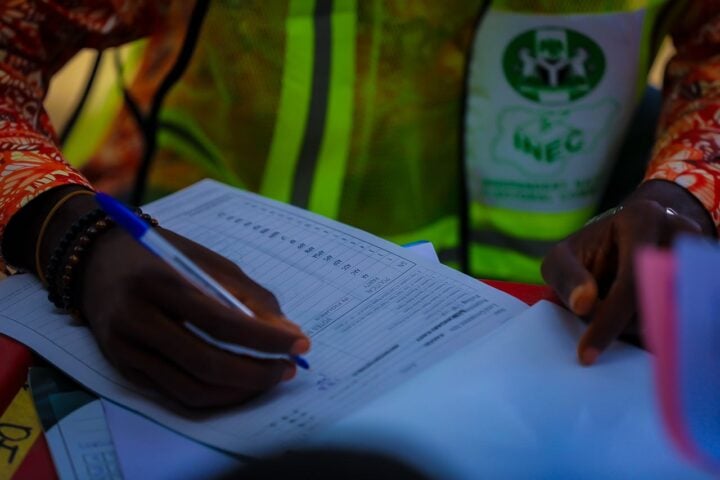The Bill and Melinda Gates Foundation (BMGF) says nearly 800 women are dying every day during childbirth, but two Nigerian doctors are joining innovators around the world to stem the tide.
In its 2023 Goalkeepers Report, the foundation says the world could save two million lives over the next seven years, using innovation by these Nigerian doctors and some other innovators around the world.
The two Nigerian doctors are Hadiza Galadanci and Bosede Afolabi, who are innovating around pregnancy care, childbirth, and early childhood development.
According to the report co-authored by Bill Gates and Melinda French Gates, new data shows that globally scaling seven important innovations and practices that address the leading causes of maternal and newborn deaths, could save two million lives by 2030.
Advertisement
“By making new innovations accessible to those who need them most, 2 million additional lives could be saved by 2030, and 6.4 million lives by 2040. That’s 2 million families spared an unimaginable heartbreak—and 2 million more people who can shape and enrich our world,” Melinda French and Bill Gates wrote.
Though deaths of children under five have continued to decline since the mid-2010s, the first month of a newborn’s life continues to be the most dangerous, accounting for almost half of all under-five deaths today.
An estimated 74% of child deaths happen during a baby’s first year, the report said, citing data from the Institute for Health Metrics and Evaluation (IHME).
Advertisement
WHY MOTHER & CHILDREN DIE
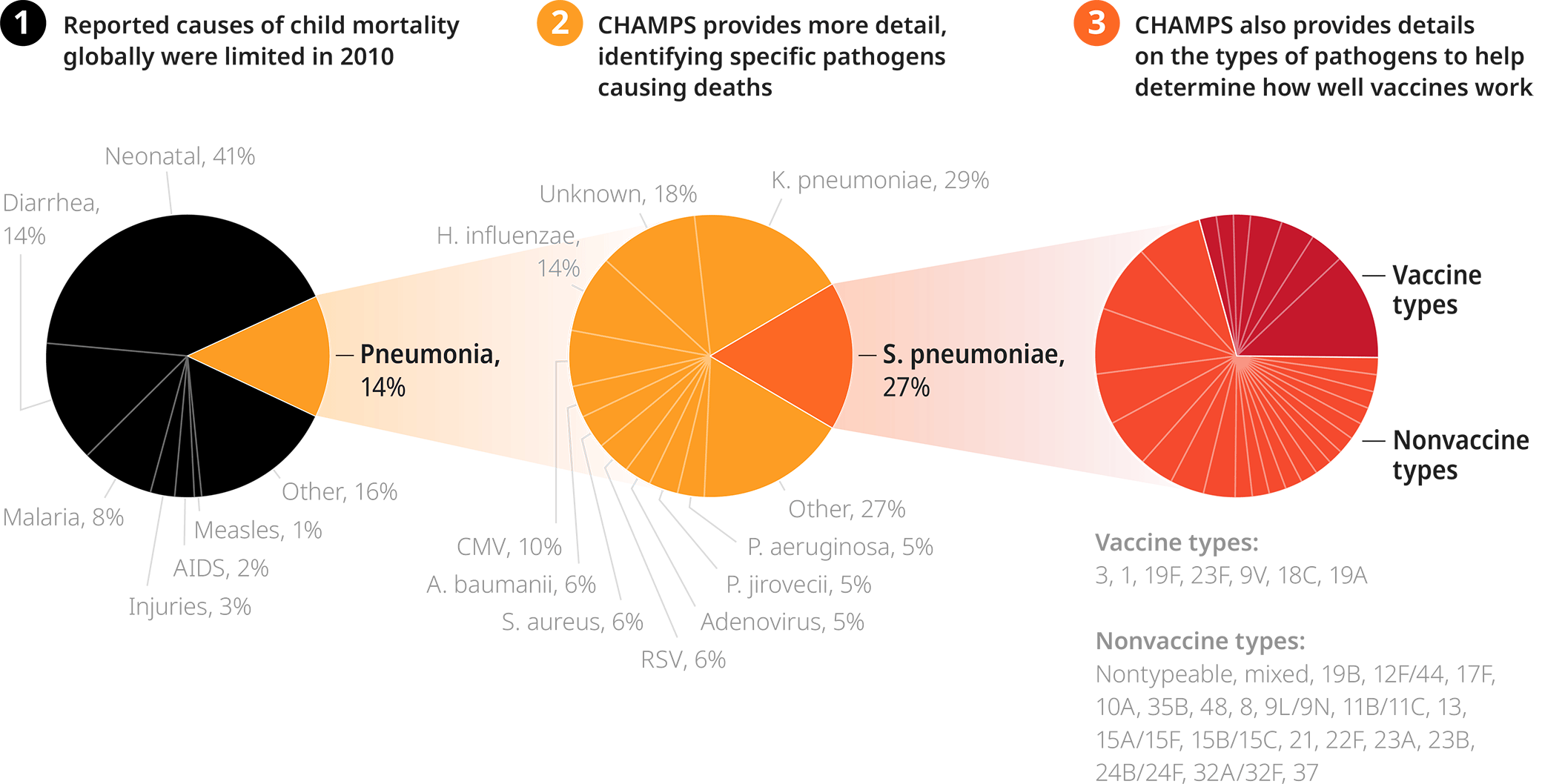
In 2015, the Gates Foundation initiated a Child Health and Mortality Prevention Surveillance (CHAMPS) to understand why children and mothers die during childbirth.
Gates said: “even ten years ago, public health officials had only the vaguest information about why babies were dying. Back then, any record of a child’s death would generally list one of the four most common causes: diarrhea, malnutrition, pneumonia, or premature birth. But each was a vast ocean of different illnesses, with scores of different causes and cures. Pneumonia, for example, is linked to more than 200 types of pathogens.”
“Over the past decade, the field of child health has advanced faster and farther than I thought I’d see in my lifetime,” Bill Gates, a co-chair of the foundation said.
“If our delivery can keep pace with our learning—if researchers can continue developing new innovations and skilled health workers can get them to every mother and child who needs them—then more babies will survive those crucial first days.”
Advertisement
The reasons why children die during or right after childbirth have become a lot clearer than just four likely reasons 10 years earlier.
Mothers die from childbirth complications such as post-partum haemorrhaging, infections, and maternal anaemia.
Melinda French said “as is so often the case in global health, innovations aren’t making their way to the people who need them most—women in low-income countries, as well as Black and Indigenous women in high-income countries like the United States, who are dying at three times the rate of white women. That needs to change.”
THE NIGERIAN DOCTORS CHANGING THE NARRATIVE
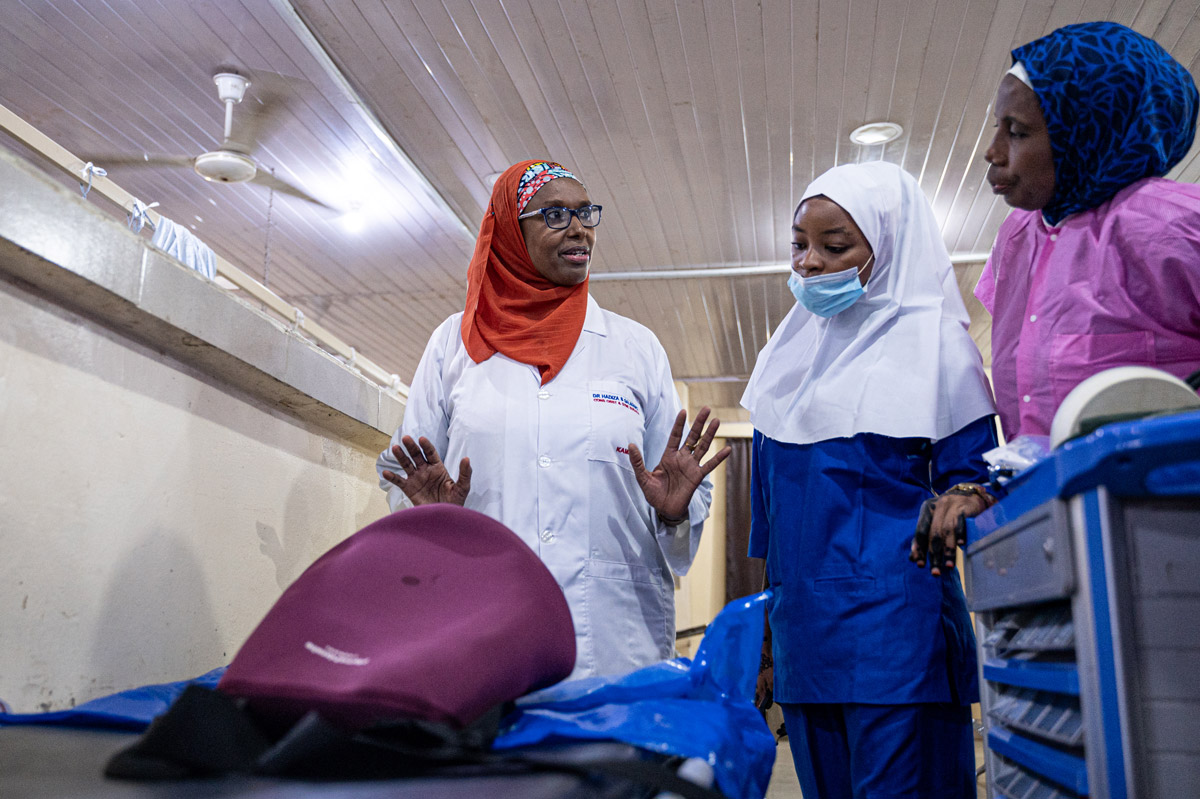
Postpartum haemorrhage (PPH) is the number one cause of maternal death. The World Health Organization estimates that PPH, which means losing more than half a litre of blood within 24 hours of childbirth, affects 14 million women every year—killing 70,000 of them, primarily in low-income countries.
Advertisement
Those who survive often face long-term, disabling complications, such as heart or kidney failure.
Hadiza Galadanci, an obstetrician and researcher from Nigeria, led a study called E-MOTIVE, where they designed a simple, low-cost way to identify when blood loss is dangerously excessive: a drape that looks like a V-shaped plastic bag.
Advertisement
When this calibrated obstetric drape is hung at the edge of the bed, collected blood rises like mercury in a thermometer. And in a busy hospital ward, that visual gauge tells providers which patients are in danger in just a single glance. This study decreased cases of severe bleeding by a remarkable 60 percent in 200,000 women.
The foundation believes scaling this will save women globally.
Advertisement

A common cause of postpartum haemorrhage is anaemia or severe iron deficiency. Anaemia affects as many as 37 percent of pregnant women around the world, according to IHME.
To solve this, Bosede Afolabi, a Nigerian obstetrician and researcher, is working on bringing a promising new intervention to the country: a one-time, 15-minute intravenous (IV) infusion of iron.
Advertisement
It’s an IV drip that can replenish women’s iron reserves during pregnancy—or even after pregnancy—and it could help treat severe cases of anaemia quickly and effectively.
The foundation highlighted the seven innovations needed to save two million women and children in its 2023 report, released ahead of the Goalkeepers Summit in New York next week.

